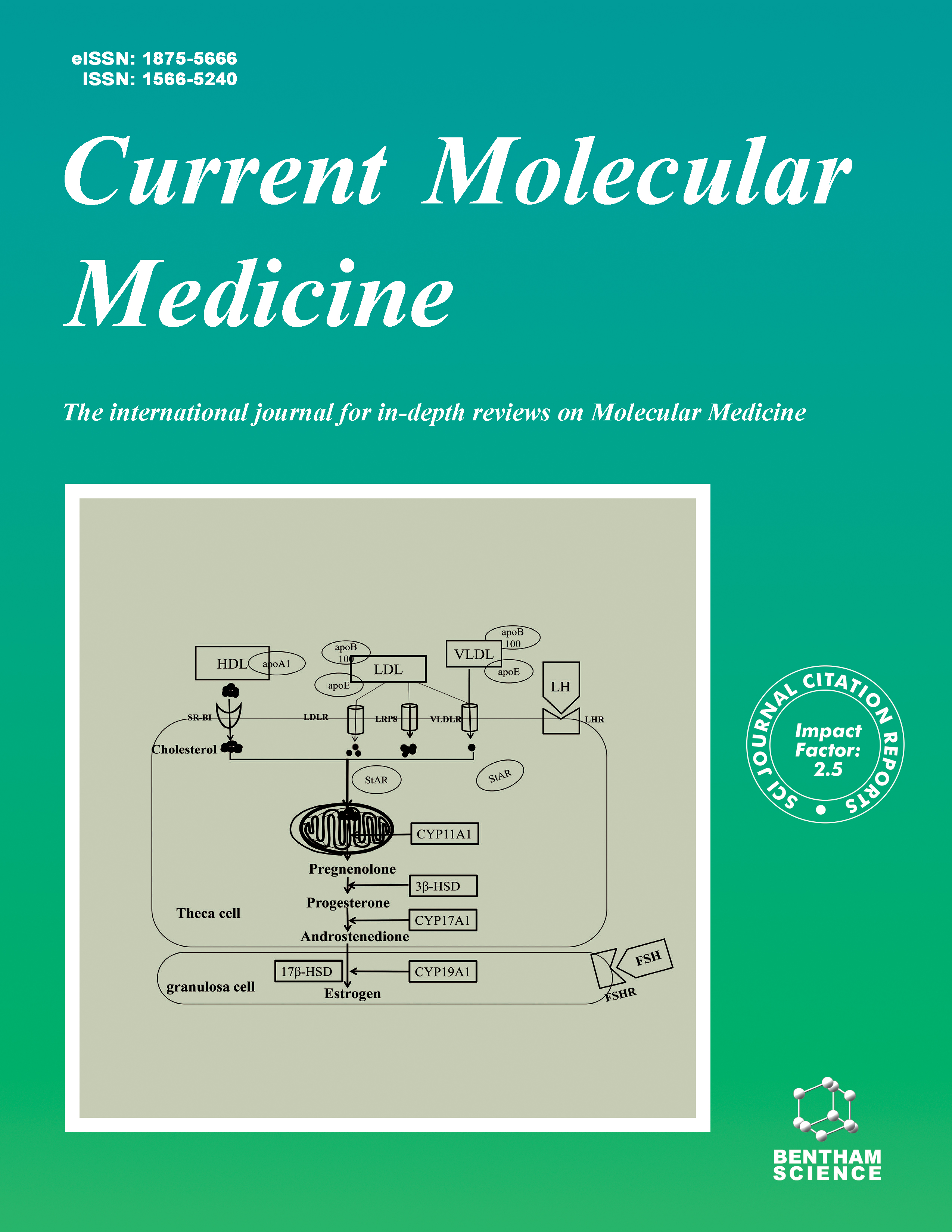
Full text loading...

Observational studies suggest the potential association between sleep traits and vertigo; however, causal evidence remains limited.
This study aimed to explore the relationship between genetically predicted sleep traits and vertigo with the Mendelian randomization (MR) method.
Instrumental variables for sleep traits (snoring, sleep duration, insomnia, daytime sleepiness, daytime napping, and chronotype) were adopted from genome-wide association studies (GWAS) data of European ancestry from UK Biobank. The summary-level datasets of vertigo were retrieved from the GWAS of FinnGen. Inverse-variance weighted (IVW) method was adopted as the main analysis.
IVW analysis revealed a significant association between genetically predicted daytime napping (OR = 1.51, 95% CI =1.08-2.12, P = 0.016) and chronotype (OR = 1.13, 95% CI =1.01-1.26, P = 0.033), both of which were associated with an increased risk of vertigo. However, we did not find evidence for a causal effect of snoring, overall sleep duration, long sleep duration, short sleep duration, insomnia, and excessive daytime sleepiness on vertigo. No reverse causality was detected.
Our findings suggest that abnormal sleep patterns may serve as risk factors for vertigo disorders and offer opportunities for the prevention and management of vertigo disorders.

Article metrics loading...

Full text loading...
References


Data & Media loading...
Supplements